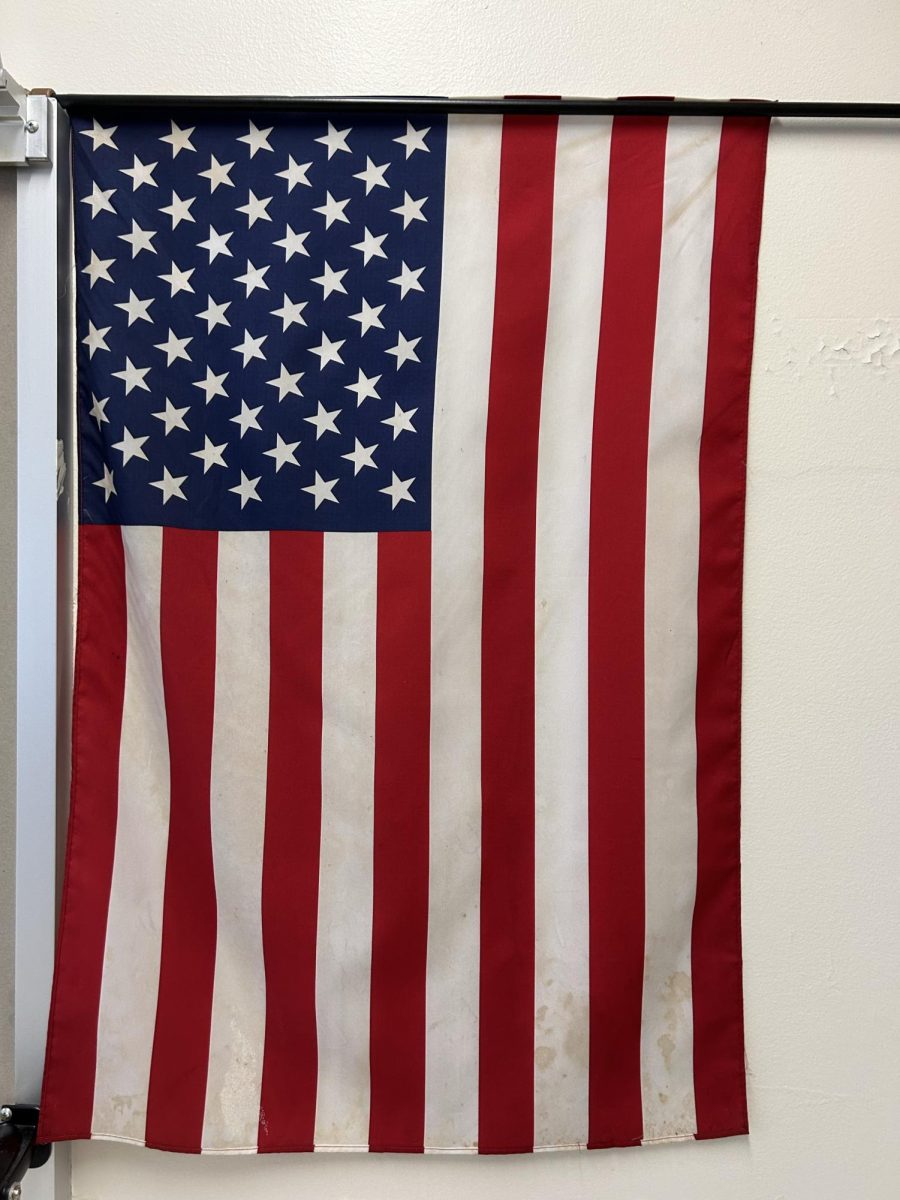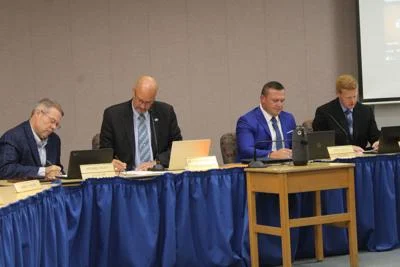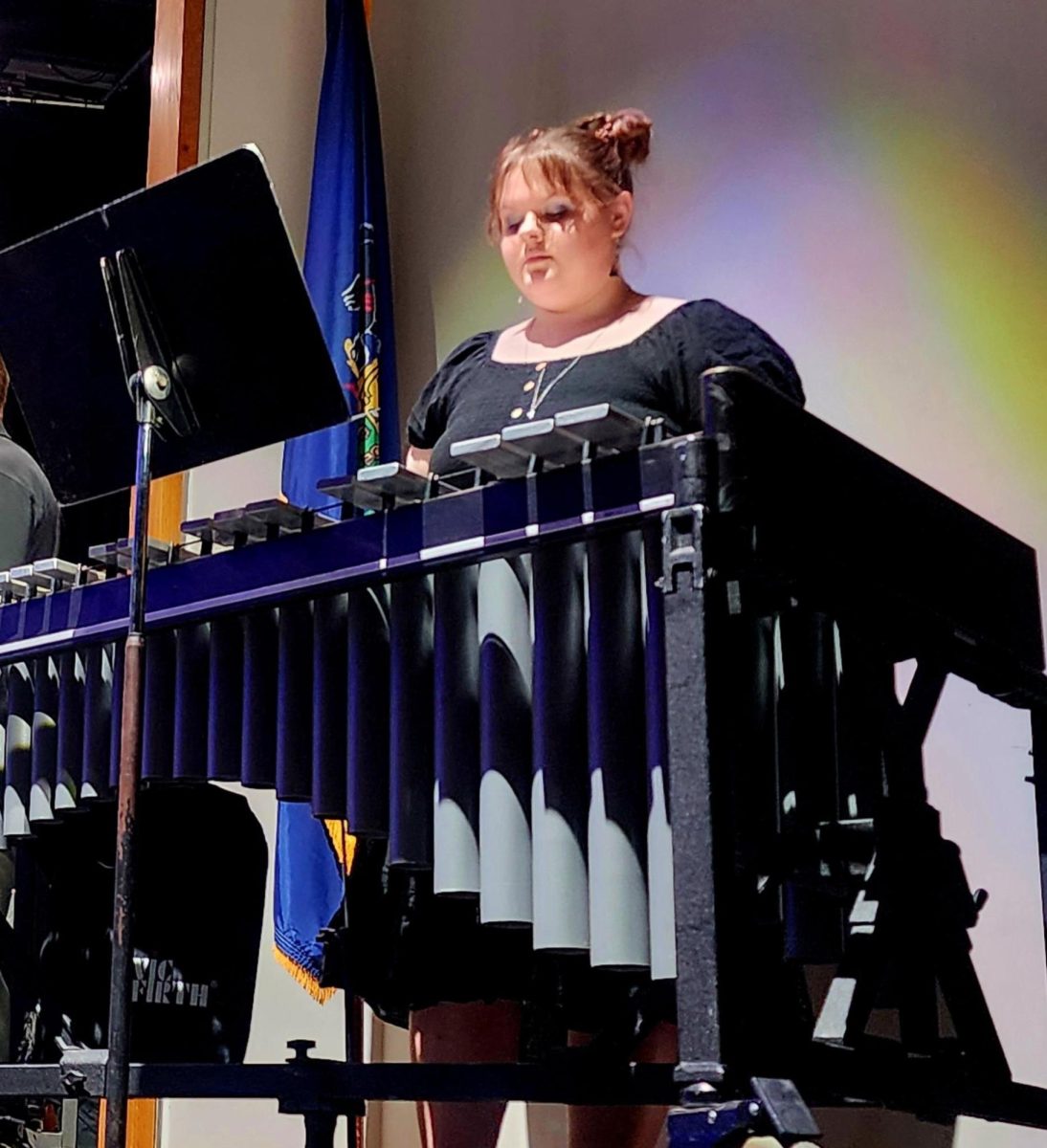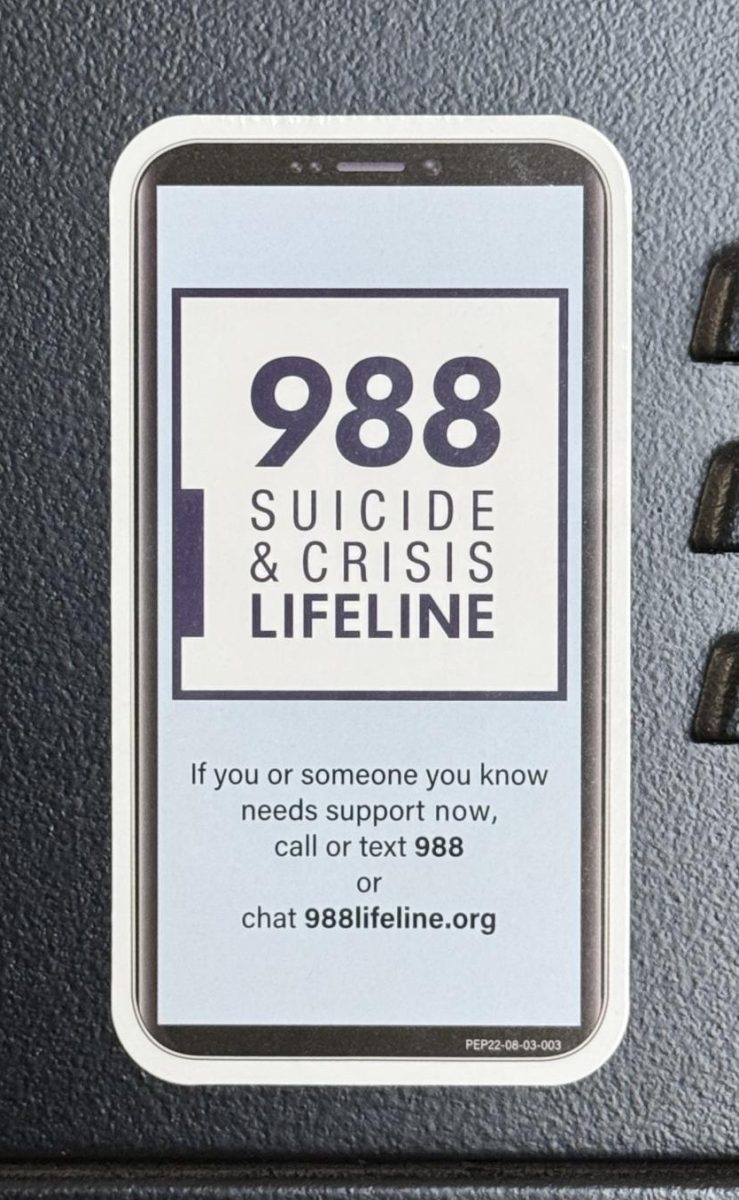Every elementary school student in the United States knows the Pledge of Allegiance– a passage recited while viewing the U.S. flag each morning before instruction.
But why do all U.S. schools do this? And more importantly, are students in this country required to stand for the Pledge?
The Pledge of Allegiance was originally written and publicly released on Columbus Day, 1892, 400 years after Christopher Colombus first landed in the Americas. It was created as a way for students to celebrate the founding of the United States on the 400th anniversary of the day its territory was first discovered by Western Europeans.
The most recent change to the Pledge came in 1954, when the U.S. Congress passed a law adding the words “under God.”
The official school policy regarding the Pledge, found in Milton Area School District’s Policy Manual under “Copy of Opening Exercises/Flag Displays” states:
“Students may decline to recite the Pledge of Allegiance or National Anthem and to salute the flag on the basis of personal belief or religious conviction. Students who choose to refrain from such participation shall respect the rights and interests of classmates who do participate.”
According to Milton Assistant Principal Mr. William Campbell, this portion of the policy was created to obey a section of PA Code that outlines the freedoms that students and citizens are given regarding the Pledge and the U.S. flag. In summary, students have a choice whether or not to stand for the Pledge in public schools.
Because students and citizens alike have a choice to stand and recite the Pledge or not, many people have varying opinions on it.
Milton Government Teacher Mr. Shawn Moore said the Pledge still has relevance and importance in today’s world. “It reminds us that we live in a republic, and we have certain expectations of society—liberty, freedom, [and] justice,” he said.
Mr. Moore also said that the freedoms and patriotism Americans are allowed to show is unique among the world’s countries. “If you do believe that you live in such an exceptional place as I do, the United States . . . then I see nothing wrong with displaying your pride in your country,” he added.
On the other hand, there are some who disagree with standing for the pledge, such as Senior Juno Weaver.
One part of the Pledge Juno disapproves of specifically is its incorporation of religion. “I don’t agree with ‘Under God’. I feel like the pledge should not have that because we’re supposed to separate state from religion,” they said.
Juno also believes that the meaning of the Pledge has changed since its inception. According to them, “Over time, the meaning of [the Pledge] has definitely been expunged and it doesn’t mean anything anymore really.”






